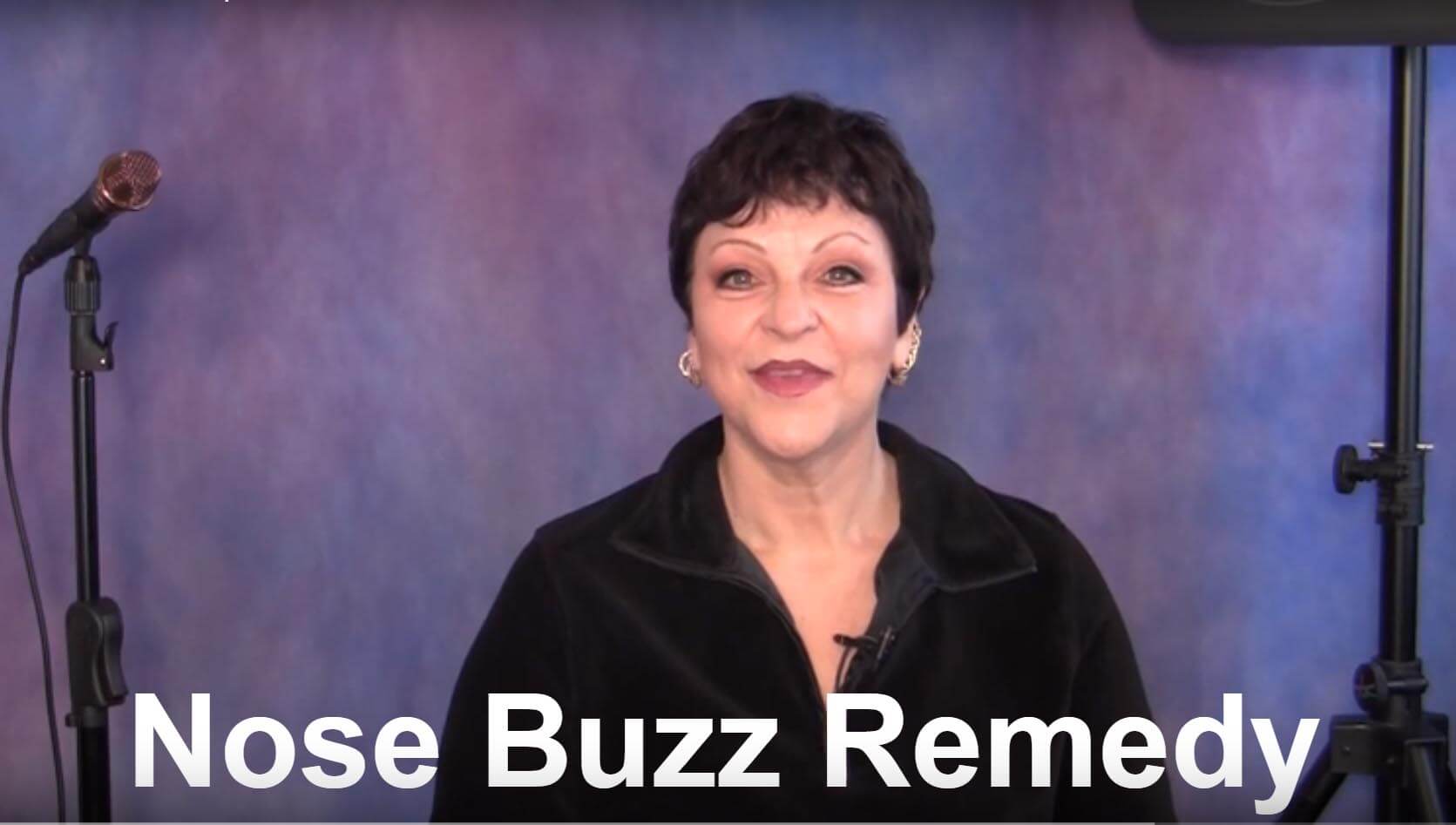“More vocal range” is the most frequent wish I have heard from the thousands of singers I have coached. Yes they want more control and better tone, but it is range, range, range that is the illusive gem they seek. When I speak of expanding range, I mean having a wide continuum of notes from high to low that you can use to create varied volumes, colors, textures and emotions.
On the journey to the land of big range, the primary road block is throat muscle tension. Fortunately this road block can be overcome by eliminating each of its five main pillars. To recap, they are the:
Five Primary Causes of Throat Muscle Tension
- Lack of adequate vocal warm-up
- Air Over-Blow
- Over-Articulation (emphasizing mouth, lip movements when singing or talking)
- Using force rather than resonance for volume
- Trying to compensate for under-developed vocal muscles
In an earlier segment we covered vocal warm-up and now for:
2. Air Over-Blow
While some air flow is necessary to vibrate the vocal folds (vocal cords); too much air pushing up against them will force them out of position. They will either tense in resistance or blow apart. If they tense, your voice sounds strained or off pitch and you will reach what could feel like a “ceiling” in your range. Your vocal folds and surrounding muscles will tense-up preventing them from vibrating fast enough to make higher pitches. Excess air passing through the folds also produces the quality of voice often referred to as “head voice.”
If your vocal folds blow apart from the excessive air stream you get a register break. In more traditional voice training this is known by its Italian name – the passaggio (passage between chest and head voice). Some singers are so used to it that they think it is natural. It isn’t and is the result of uncontrolled air flow.
All of the reasons for air over-blow and their remedies are fully covered in my self-study courses The Contemporary Vocalist Improvement Course – Volumes I and II.
Here are two reasons:
A. If you think you need to push up to “reach” the pitch, your body will respond by pushing out too much air. See the free voice lesson Mind-Body Connection for more on this.
B. Pushing in the stomach presses the diaphragm up against the lungs forcing too much air up to the vocal folds. In fact anything causing your lungs to deflate as you sing will result in air over-blow. My rib-cage expansion technique of breath support prevents this from happening.
It takes a bit of practice to master it, but once you do, you have achieved a major milestone on the road to an expanded range. Reading free articles about singing may help some, but to really expand range or make other improvements in your voice, you have to learn correct technique and then actually practice. You will find the theory and exercises to learn the Ribcage Expansion breath support technique in The Contemporary Vocalist Improvement Course Volume One.







Leave A Comment
You must be logged in to post a comment.